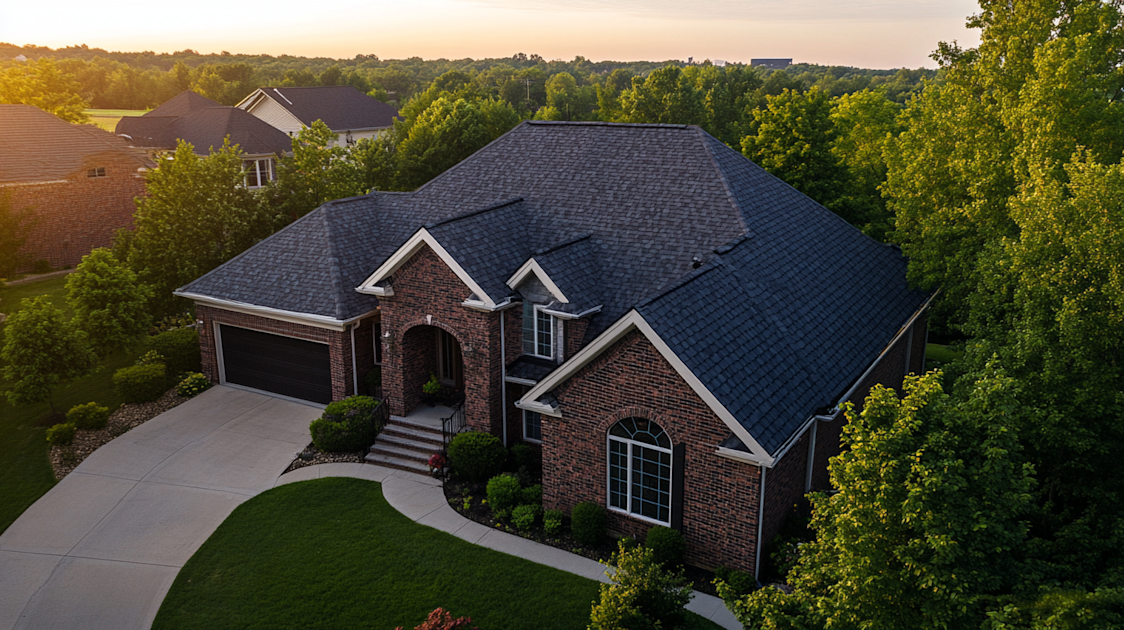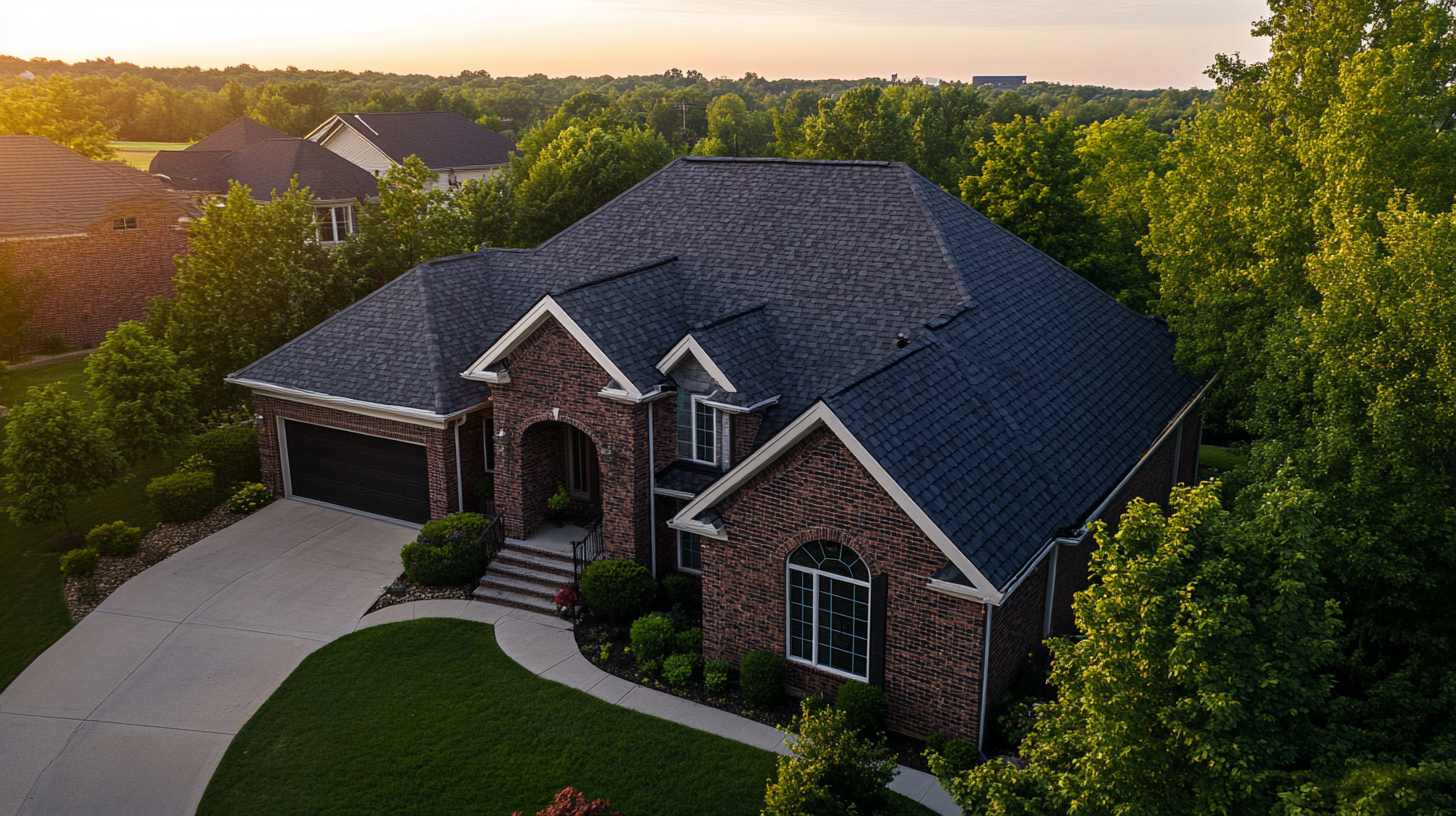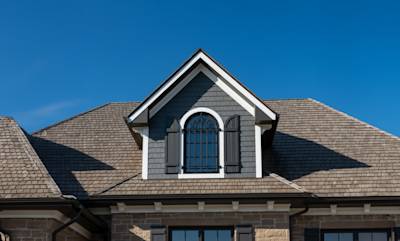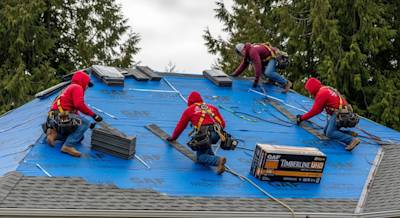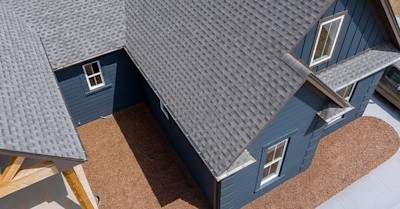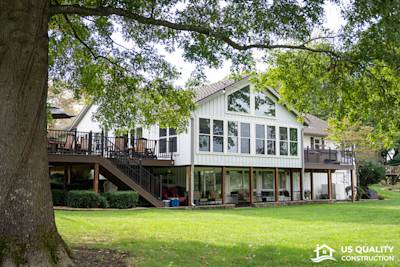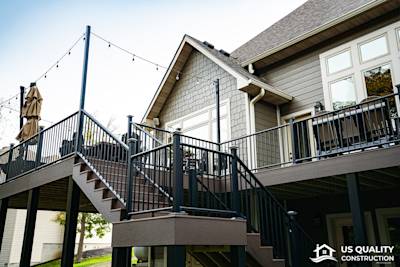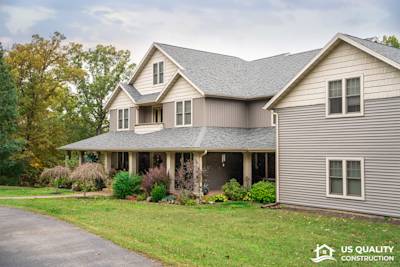For most homeowners, their property is their most valued investment. When it comes to protecting this investment, one crucial factor is often overlooked, that is, the roof warranty. It plays a significant role in safeguarding your home, offering coverage in the event of damage or defects.
In the following article, we will navigate through the specifics of roof warranties, their importance, different types, and how to make sure you're adequately protected. Our mission is to empower you with the right knowledge, making sure you can make an informed decision.
What Is A Roof Warranty?
A roof warranty is an agreement between a homeowner and the roof manufacturer or contractor. The terms of the warranty ensure that the roof is protected from material or workmanship defects for a specified period.
Types of Roof Warranties
There are two primary types of roof warranties. Each has its own merits and covers different aspects of your roofing system.
Workmanship Warranty
Just as the name suggests, a workmanship warranty covers the craftsmanship aspect of the completed roofing project. Should any problems occur in the future due to poor labor, your roofing contractor will bear the responsibility to correct them.
Manufacturers’ Warranty
A manufacturer’s warranty, on the other hand, safeguards you against defects in the roofing materials used. If the materials themselves show signs of premature deterioration or flawed composition, the manufacturer will usually replace them or provide financial compensation.
Why Is A Roof Warranty Essential
A roof warranty fulfills two crucial roles: assurance and financial protection. Homeowners can rest assured knowing their roofing investment is shielded from both workmanship and material defects. When these defects are discovered, they are usually repaired for free or at a significantly reduced cost.
Understanding the Terms of Roof Warranties
When evaluating a roofing warranty, there are several key points to consider:
Length of coverage: Make sure to understand how long your warranty will last. The coverage period can vary from 5 years to a lifetime.
What's covered: Determine whether the warranty covers just the materials, the workmanship, or both. Also, be aware of any factors that could void your warranty.
Transferability: If you plan on selling your home, it's worth checking if the warranty is transferable to the next owner.
Cost of Warranty: Some premium warranties come at an extra cost. Make sure the pricing is transparent and worth the additional coverage.
Making Most of Your Roof Warranty
For peace of mind and optimal coverage, choose a contractor who offers extensive warranties and stands by their workmanship. Take time to read and understand your warranty before agreement. Ensure you know how to initiate a claim and what maintenance is required to keep your warranty valid.
Insight on Roof Warranty Claims
When dealing with a warranty claim, it can be helpful to understand how the process generally works. Initially, notify your contractor or manufacturer about the defect right away. They will typically conduct an investigation to confirm if the problem falls under the warranty coverage.
To smooth this process, document any damage with pictures and save repair receipts. Patience is key as warranty claims might take some time to process.
Frequently Asked Questions about Roof Warranty
How long does a typical roof warranty last?
Generally, manufacturer's warranties on roofing materials can range from 20 years to a lifetime, depending on the type of material and the brand. However, workmanship warranties provided by contractors are often shorter, ranging from 1 to 10 years. It's essential to discuss the warranty period with your contractor before beginning any roof installation or replacement project.
Is my roof warranty transferable?
Most manufacturer warranties are transferable, but the specific terms and conditions may differ between companies. Some roof warranties may require a transfer fee or may not be fully transferable, while others are freely transferable. Always refer to your roof warranty terms and conditions, or directly contact the manufacturer or your roofing contractor for clarification.
Is a roof warranty automatically included when I purchase roofing materials?
Typically, a manufacturer's roof warranty comes with the sale of their material. However, this might not automatically register the warranty in your name. Ensure you understand the registration process, as some companies require the warranty to be registered within a certain timeframe of installation.
Does a roof warranty cover any damage caused by natural disasters?
Most roof warranties cover material defects and faulty installation, but not damage from natural disasters like hurricanes, tornadoes, or hailstorms. This kind of damage is typically covered by homeowner's insurance. Read your roof warranty and home insurance policies carefully to understand the scope of your coverage.
What can void my roof warranty?
Various things can void your roof warranty. These might include improper installation, repairs or modifications made by unqualified individuals, inadequate ventilation, or even neglect of regular maintenance. Always ensure you understand the terms and conditions of your roof warranty to avoid accidentally voiding it.
What should I look for in a good roof warranty?
A good roof warranty should have a comprehensive coverage that protects against both material defects and workmanship errors. It should also be transferable, in case you decide to sell your home before the warranty period ends. Keep in mind that the length of coverage is also essential—the longer, the better.
How does the claim process work for a roof warranty?
The claim process for a roof warranty usually involves an inspection by the manufacturer or contractor to verify the problem under normal conditions. The steps in the claim process might vary based on the terms of the warranty. Some may require photographic evidence of the fault, while others might require specific forms to be filled out.
What happens if my roofing contractor goes out of business?
If your roofing contractor goes out of business, you can still make a warranty claim directly with the manufacturer, if the problem is with the roofing materials. However, if the problem is a result of poor workmanship, you may have difficulty making a claim unless your contractor was part of a larger franchise or network that can honor the warranty.
Are expensive roofing materials more likely to have a better warranty?
Not necessarily. The type and length of roof warranty depend on the manufacturer, not the cost of the materials. Some expensive roofing materials might come with longer warranties, while others may not. It's important to compare both the quality and warranty terms when choosing roofing materials for your home.
What is prorated and non-prorated warranty?
A prorated warranty means that as your roof ages, the coverage decreases over the warranty period. In contrast, a non-prorated warranty offers 100% coverage for the entire warranty period. Non-prorated warranties are usually more desirable as they provide fuller coverage.
Pros and Cons of Roof Warranty
A roof warranty can be a balancing act between protecting your property and ensuring that you get value for your money. There are several advantages and disadvantages associated with roof warranties, which we will explore in depth in this section.
Pros of Roof Warranty
Peace of Mind
- Guaranteed Protection: The most significant advantage of a roof warranty is the assurance it provides. A roof warranty assures that if any damage or failure occurs during the guaranteed period, the cost of repair or replacement will generally be covered.
- Budget Planning: With a warranty in place, homeowners can plan their budgets without bothering about unexpected roof repair or replacement costs. It provides a financial safety net in case of a roofing issue.
- Increased Property Value: A roof warranty may also increase property value. If you plan to sell your house in future, a transferable roof warranty can be an attractive feature for potential buyers.
Quality Assurance
- Workmanship: A workmanship warranty guarantees that any defect resulting from improper installation will be fixed by the contractor. It reinforces the belief that professional and high-quality work has been carried out.
- Materials: Material or manufacturer’s warranty assures that if the roofing materials are defective, they will be replaced at no extra cost.
Cons of Roof Warranty
Although roof warranties offer several advantages, it is also important to recognize their limitations and potential downsides.
Coverage Limitations
- Limited Coverage: Not everything is covered under a roof warranty. Some warranties only cover the cost of materials but not the cost of labor. Others might just cover the cost of repair but not a replacement.
- Exclusion Clauses: Warranties often come with fine print exclusion clauses. Naturally occurring events like extreme weather, wind damage, or regular wear and tear might not be covered.
- Negligence and Poor Maintenance: If the damage is due to negligence or poor maintenance on the homeowner's part, the warranty may become void.
Warranty Transfer and Obligations
- Non-transferable Warranties: Some warranties are non-transferable. So, if the property changes hands, the new owner may not benefit from the existing roof warranty.
- Regular Inspections: To keep the warranty valid, some roofing companies require regular inspection and maintenance, which can impose additional costs.
Dependence on Roofing Contractor
- Business Longevity: Many workmanship warranties are only as good as the longevity of the contracting business. If the roofer goes out of business, your warranty could become useless.
- Disputes Over Responsibility: There could be disputes between manufacturers and contractors over who’s responsible for the defects. Manufacturer may claim the problem is due to faulty installation, while contractor blames the poor quality materials. Homeowner may get stuck in the middle.
In conclusion, a roof warranty can offer invaluable peace of mind and financial protection, but also comes with certain limitations and obligations. Therefore, it is vital to read and understand the terms and conditions of the roof warranty and to keep up with the required maintenance and inspections. It may be a good idea to discuss the specifics of the warranty with a knowledgeable roofing contractor or a home inspector before making a final decision.
Summary
So, it's plain to see that having a roof warranty is a smart move for homeowners. It’s like an umbrella during a stormy day; you might not need it all the time, but when it pours, you’ll sure be glad to have it! A warranty provides peace of mind knowing that if anything goes wrong with your roof within the time frame specified, you’re covered. That way, you’ll have more time to focus on more pressing concerns than worrying about roof issues.
Having a roof warranty is a valuable investment rather than an unnecessary cost. It provides assurance that you won't have to shell out thousands of dollars for unexpected repairs or replacements. It also ensures that you get the best possible workmanship on your roofing project. The key is understanding the terms of your warranty to make the most out of this investment.
All in all, a roof warranty is worth considering due to its substantial benefit to homeowners. It actually makes financial and practical sense. Just bear in mind the coverage and exclusions, as they can vary significantly between different roofing contractors or manufacturers. A little homework can make a world of difference, ensuring that your roof, your budget, and ultimately your home, are safe and secure.
About US Quality Construction
US Quality Construction of Kansas City, MO is your dependable partner in bringing quality and precision to your construction projects. We're not just a generic construction company; we're a trusted team of crafters and builders who take pride in creating beautifully finished products for our clients. Besides consistently meeting the high standards Kansas City folks have come to expect, we're known for our friendly, professional service. Don't just take our word for it, though! We invite you to join the large network of satisfied clients who have experienced why US Quality Construction is a shining star in the construction industry in the heartland's beloved Kansas City.
Tags: Home improvement, Roofing contractor, Protection,


